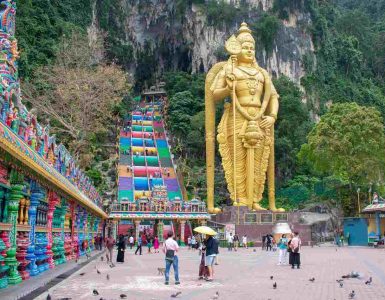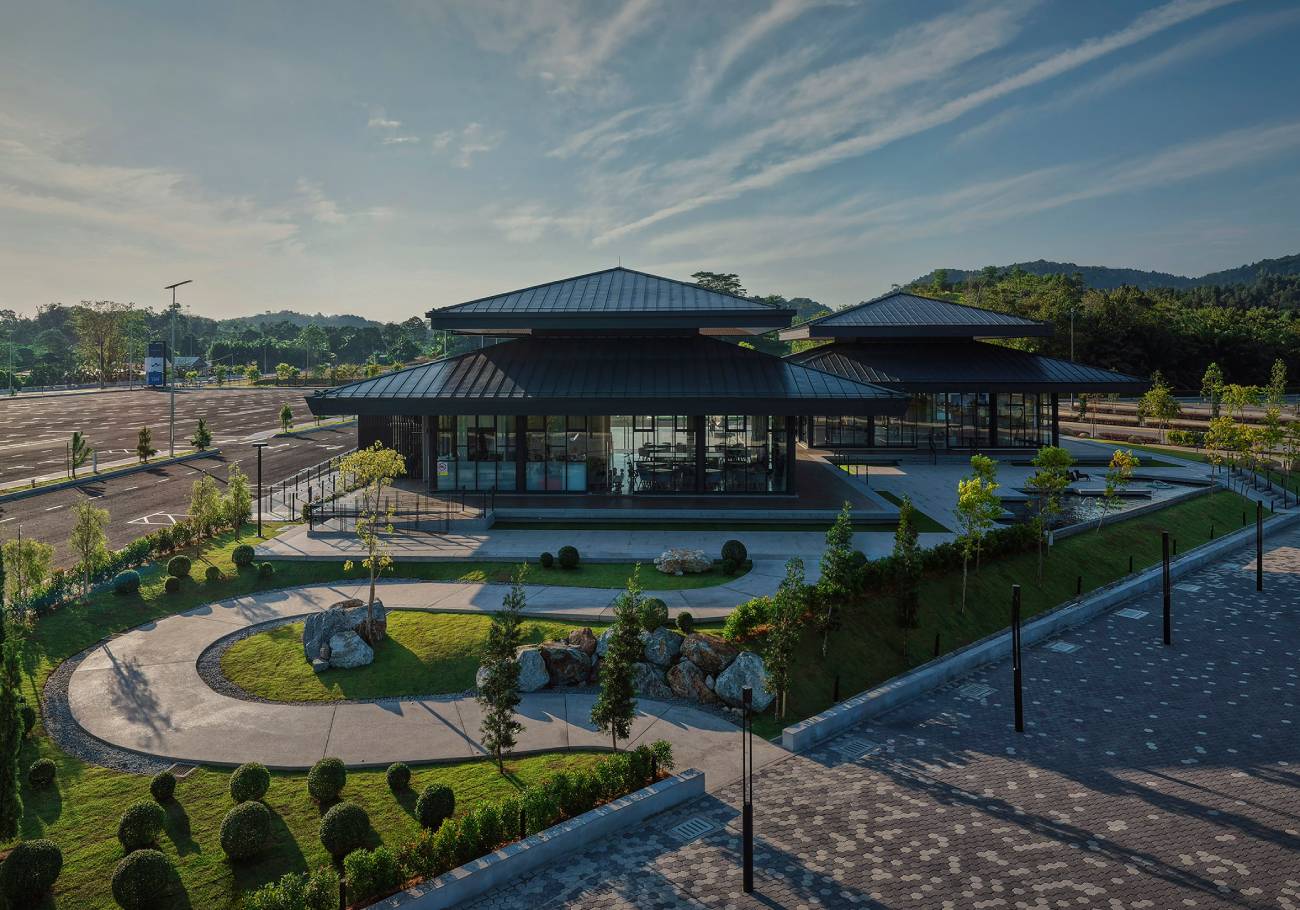We should strive as a nation to be defined by values rather than by the obsession with value. There is the need to complement that wealth imperative with a sense of belonging, connectedness and meaning in what Singapore stands for and what it means to be a Singaporean.
The economy came up for mention first – as always, the premise is that the goal of a better life for all depends on the health of the economy. The accent was on “inclusive growth that benefits all citizens”.
The goal of a “fair and just society” is necessary for social cohesion. We can and should expect government policies to reinforce the principle of equitable – as opposed to equal – sharing of the nation’s wealth and progress, since different groups have different needs and differing abilities to benefit.
Dr Tan also spoke of preventing a new “fault line” from developing between local-born and freshly-minted Singaporeans. Given that the emotive issue of immigration has been flagged in the past three National Day Rallies, the reference to this fault line is significant.
Immigration will continue to impact upon our society given the economic and demographic imperatives that drive it. Pragmatic Singaporeans can by and large accept the economic logic of an open-door policy. But that rationalistic acceptance has a much harder time being translated into an affective acceptance. The head understands but the heart does not quite accept.
A significant challenge with getting Singaporeans to embrace a national policy like immigration is that not every citizen gains from it at the personal level. It is not unusual for foreign transient workers and new immigrants to be conveniently blamed for a local job lost, stagnant wages, competition in schools, crowded public places and high property prices.
This feeling of displacement and being overwhelmed by the newcomer is compounded by the perception that Singaporeans do the “heavy lifting” while the newcomers merely reap the benefits. Indeed, and ironically, our growing sense of national identity has made us more protective of the homefront. This national consciousness should be distilled as the Government seeks to secure buy-in for the immigration policy.
How do we prevent the current fissures from developing into fault lines? The National Integration Council has its work cut out but integration is a two-way street; mindset shifts and correcting misperceptions and stereotypes will be key to integrating old and new citizens. Sustained engagement will be needed and, ultimately, government policies must assure Singaporeans that immigration is for their benefit.
The President’s Address included a call to Singaporeans to play their part. Their deep reservoir of ideas, empathy and passion should be harnessed in shaping the country’s future. This call for a government-people partnership is not new but may well represent a more concerted effort towards active citizenry.
The Government does not have a monopoly on wisdom, ideas or insights. Tapping the nascent civil society can not only strengthen social cohesion but also enhance a sense of commitment to the nation.
The various ministries in their addendum will now put flesh on the skeletal outline that the President’s Address has sketched. Next week’s parliamentary debate should generate further discussions and a contest of ideas about the type of Singapore we should aspire to. Home, ultimately, is about where we feel rooted to – and it is shared values that will bind us together despite our differences.
Eugene K B Tan is assistant professor of law at the Singapore Management University School of Law.
-Today Online
– Picture taken from: sxc.hu: jayofboy












